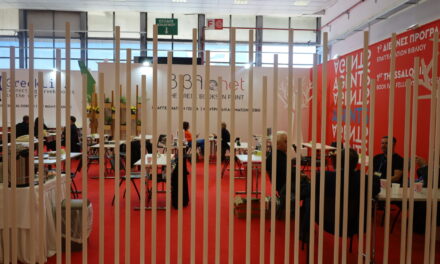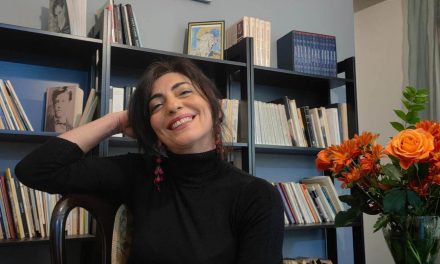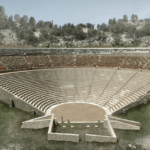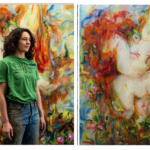Dimitra Kationi was born in Kavala in 1983. She studied law and music. Since 2001 she lives in Thessaloniki.

Your latest writing venture ζώα-φυτά [animals-plants] was recently published by Κedros. Τell us a few things about the book.
ζώα φυτά is my third book and yet another struggle between understanding and defining my world. Psychoanalysis, motherhood and the collapse of personal mythology have been great helpers, co-authors, I dare say.
Life, time that passes by, death, an existential anguish combined with an underlying hope seem to permeate the poems. Which are the main themes your poetry touches upon? Are there recurrent points of reference in your writings?
The recurrent points of reference in my thinking are religion and hope, hope without religion, social injustice, time from a physicist’s point of view, love from a woman’s point of view and an iron will to provide humanity with some tenderness for my little daughter’s sake alone. When I write I have no access to this kind of analysis, but I do hope that some poems capture moments of my thinking and beliefs.
What about language? What role does language play in your writings?
Greek is the language I was born in. And the only sense of nationality I would ever like to serve. I detest big words and have faith in cucina povera.
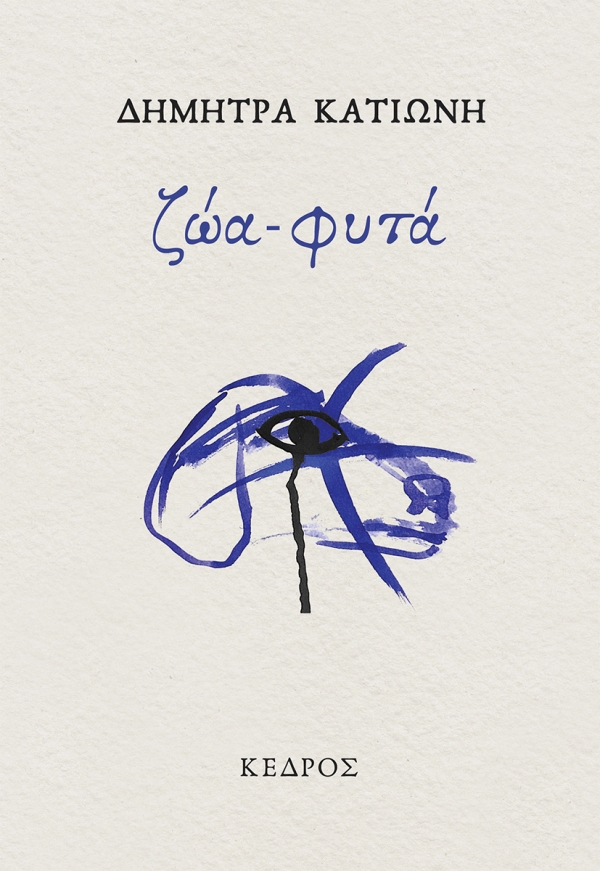
How does poetry converse with its surrounding reality? Could poetry be used to imagine what could be radically different realities?
Poetry is a slave to reality. So much so that every poem is a rebellion against it.
In recent years there has been a burgeoning of poetry in every form. How is this strong civic presence to be explained?
The amount of poetry written nowadays, the need of people to write and define their writing as poetry (which is more than enough, provided that there is more silence than noise in their endeavors) has not increased. The ease of access to publicity though, has changed. Which has nothing to do with the quality of poetry per se, but brings us back to the matter of noise.
How do contemporary Greek writers relate to world literature? Where does the local and the national meet the global and the universal?
Literature, just as music or any other kind of art, is a means of approaching the essence of the human state. In this sense, no Greek writer is a local writer. The so-called language barrier exists even between native speakers and translation is what everyone actually has to go through when facing the sayings of another human being.
The opposite side is also correct and supplements the first one. Every poem written in Greek is a local product, an endangered species and deserves preservation and protection of its natural habitat.
*Interview by Athina Rossoglou
TAGS: LITERATURE & BOOKS | READING GREECE

